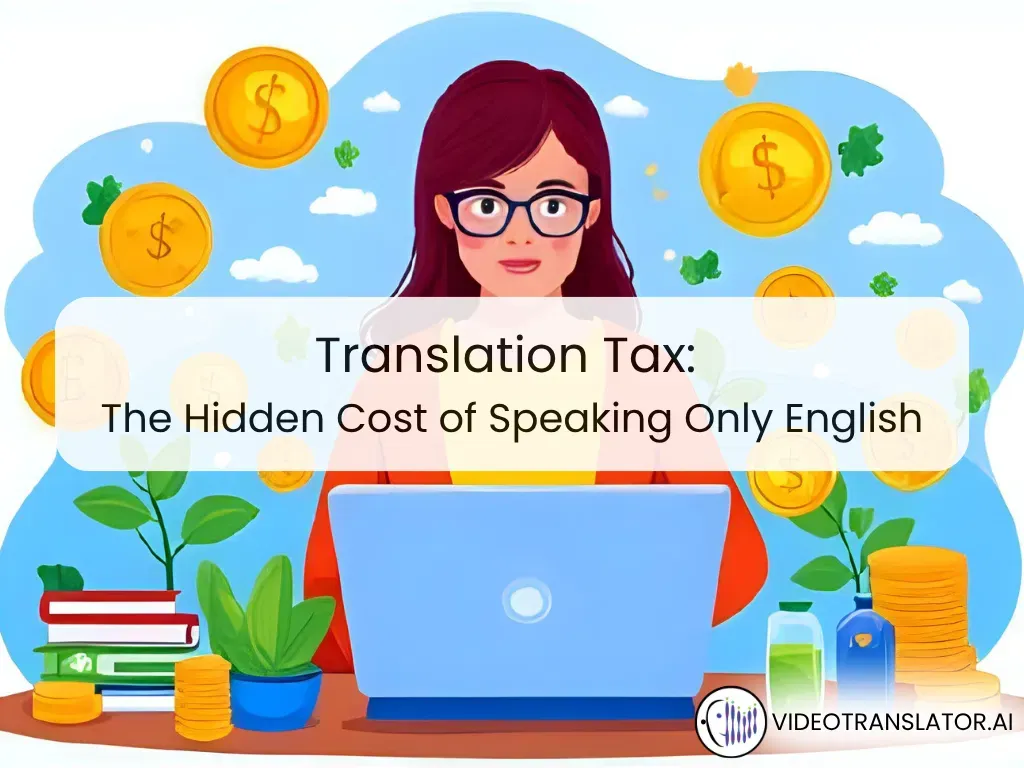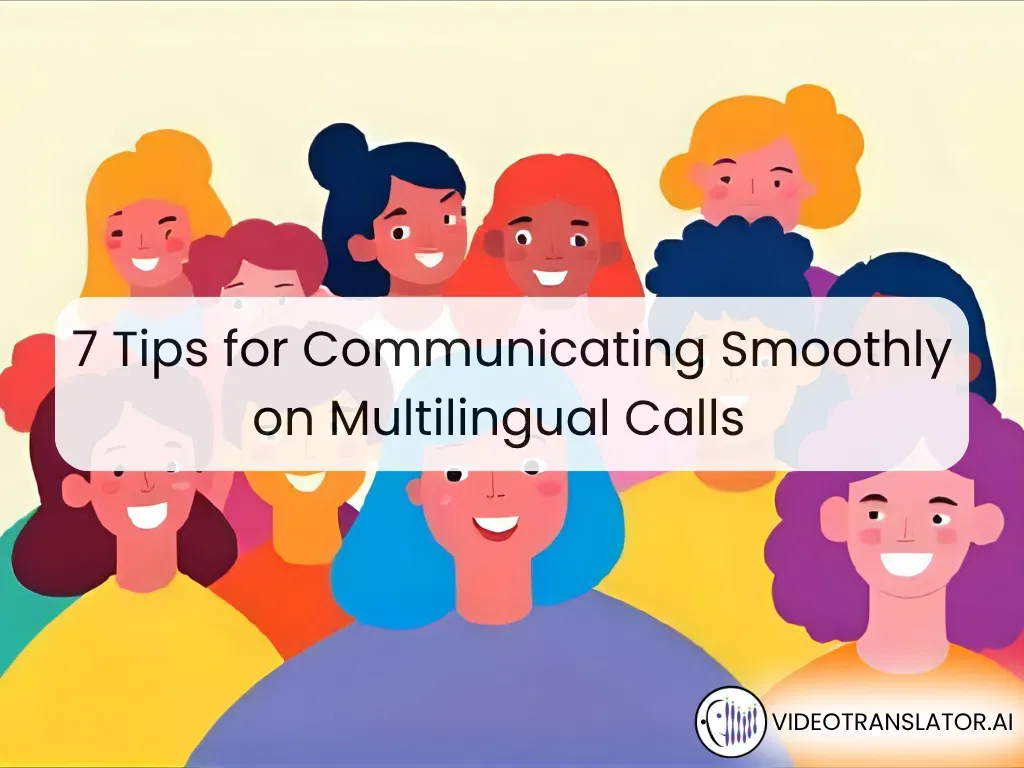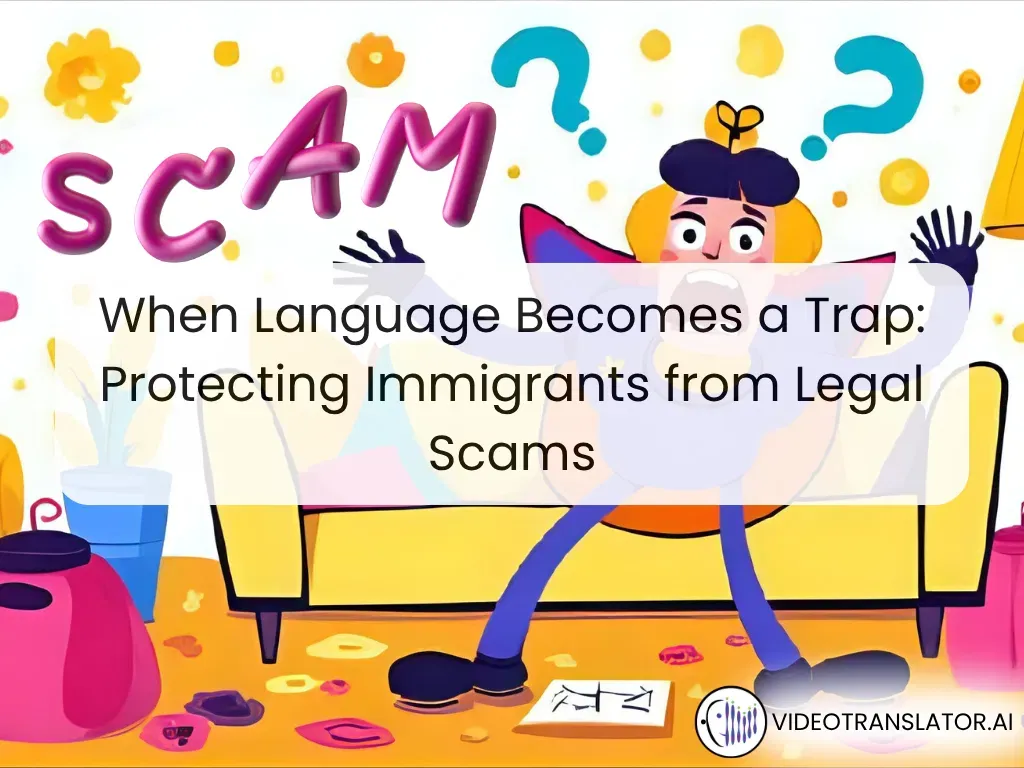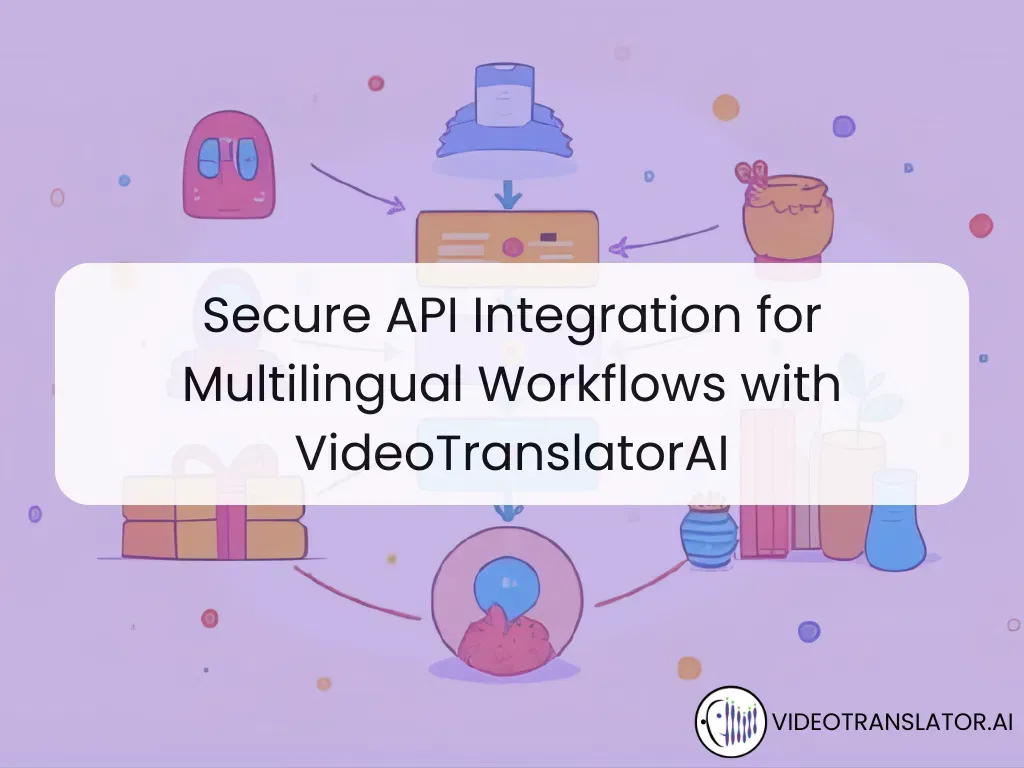In one of the world’s most connected cities, language should be a bridge, not a barrier.
Yet a new study by DeepL reveals that language gaps are costing London businesses an average of £426,000 per year, nearly £90,000 more than the national average.
For a city that thrives on global partnerships, this “Translation Tax” isn’t just financial; it’s cultural. Many Londoners feel a growing sense of discomfort when international colleagues default to English during meetings.
It’s a silent sign that something in cross-language collaboration isn’t working as it should.
When Words Become Walls: The Real Cost of Language Barriers
Language barriers don’t just slow communication; they quietly erode collaboration and confidence.
According to the study, 58% of London professionals believe the UK is falling behind other economies due to poor language accessibility in business.
This communication gap shows up everywhere: from missed negotiations to lost clients. Over half of business leaders (53%) admit that language differences have limited their company’s international growth potential.
In many cases, deals break down not because of strategy, but because meaning gets lost in translation.
Inside organisations, the problem runs even deeper. 54% of workers say language barriers create friction between global teams, while 41% report that speaking other languages isn’t encouraged internally.
The message is clear: English dominance may simplify meetings, but it complicates connections.

Outdated Mindsets: Why “English Is Enough” No Longer Works
For decades, English has been seen as the default language of international business.
But that belief is fading fast. DeepL’s research shows that 42% of Londoners now consider the idea of English as the global business language to be outdated.
Even more striking, 77% of London workers have felt embarrassed when colleagues abroad default to English, and 53% regret not studying more languages earlier in life.
The sentiment is changing: multilingualism is no longer a “nice-to-have”. It’s a business advantage.
Forward-thinking companies are already adapting. Around 68% of London respondents have adjusted, or plan to adjust, their hiring strategies to include language and translation needs. In fact, 95% factor language skills into recruitment in some way.
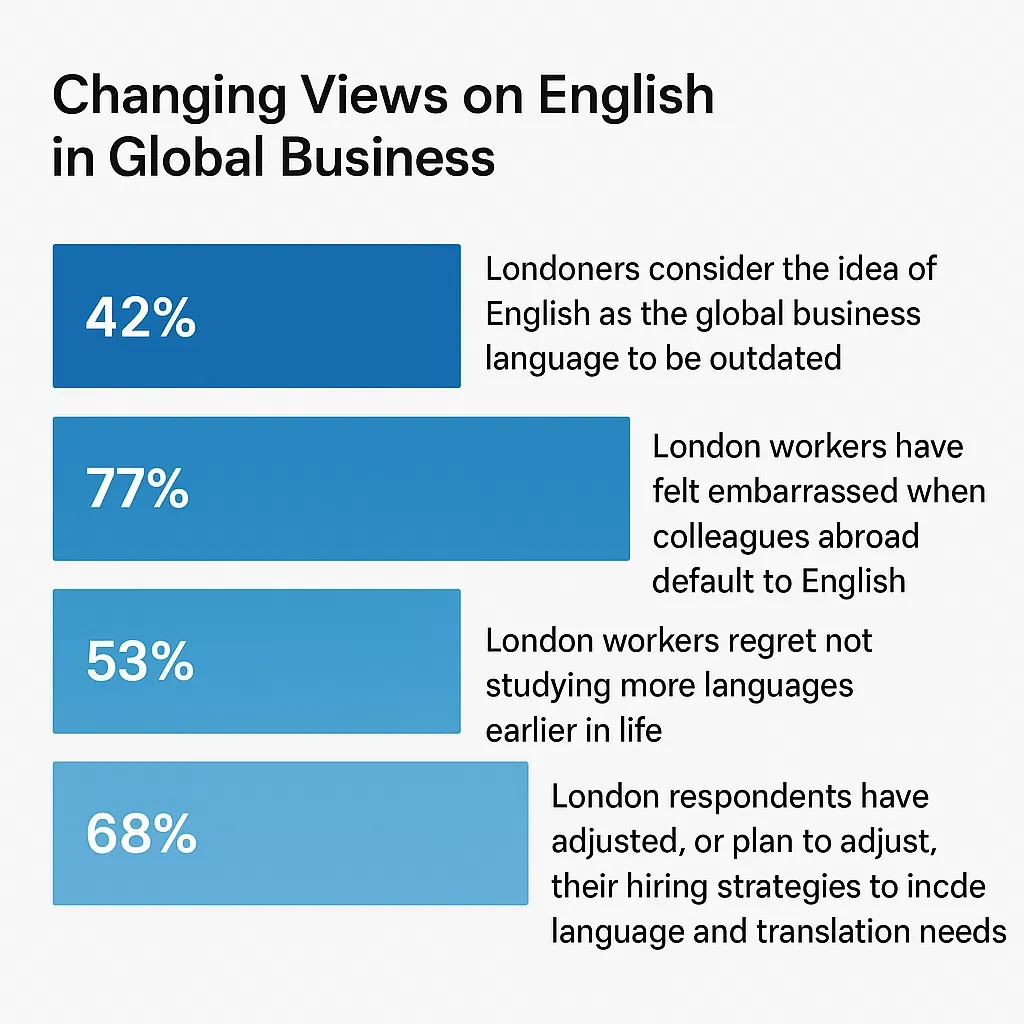
Beyond Words: How AI Is Redefining Global Communication
So, how can businesses move from language inequality to language inclusion? One clear path is through AI-powered multilingual communication.
David Parry-Jones, Chief Revenue Officer at DeepL, highlights that English fluency is limited to just 20% of the global population. Relying solely on English restricts collaboration and market expansion. This is where AI translation can help bridge the gap—making global communication more fluid, inclusive, and productive.
At VideoTranslatorAI, we believe in the same principle: breaking down barriers by combining AI innovation with human understanding.
Our multilingual tools, including real-time translation for video calls and in-person meetings, help organisations collaborate confidently, no matter what language their partners speak.
Whether it’s a client meeting, a health consultation, or a government service interaction, VideoTranslatorAI ensures clarity and connection. With real-time speech translation, voice-over support, and 120+ language options, it empowers professionals to focus on people, not miscommunication.
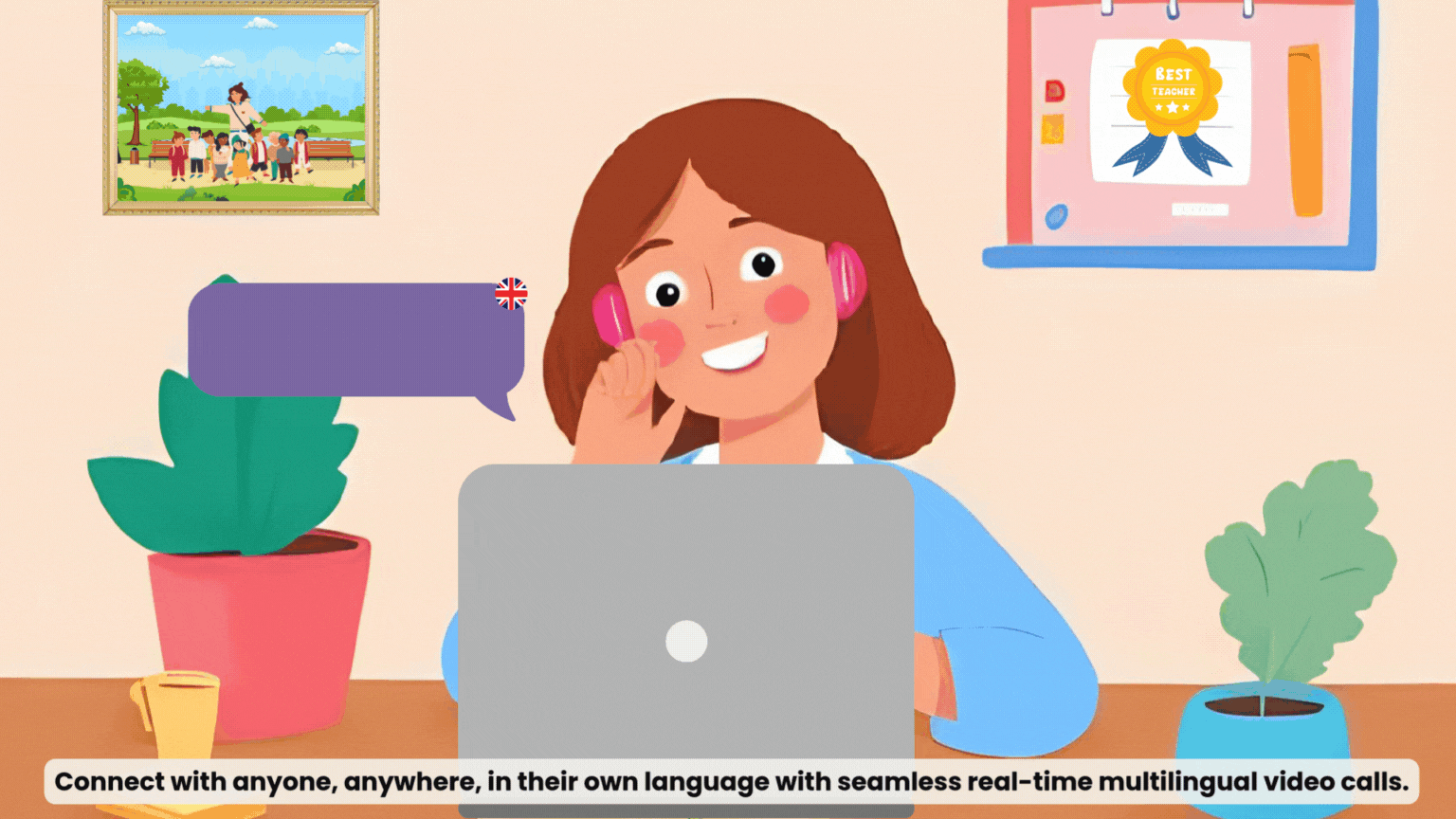
The Human Impact: From Translation Tax to Inclusion Dividend
Language accessibility isn’t only about financial efficiency. It’s about trust. When people can speak, listen, and understand in their native language, they feel respected and included.
That shift changes everything: stronger relationships, clearer teamwork, and greater confidence in international negotiations. Businesses that embrace multilingual communication not only save money but also gain something far more valuable and authentic connection.
As the research shows, language fluency—both human and artificial—will define the next stage of global business success. Companies that invest in inclusive communication today will lead tomorrow’s markets.

Building a Future Where Everyone Can Be Understood
London’s “Translation Tax” is more than a statistic. It’s a reminder that communication is the foundation of collaboration. By investing in multilingual tools like VideoTranslatorAI, organisations can transform this silent cost into an opportunity for growth.
If your business depends on global teamwork, it’s time to ask: are your words truly being understood?
Learn how to build inclusive, multilingual communication at VideoTranslatorAI.
